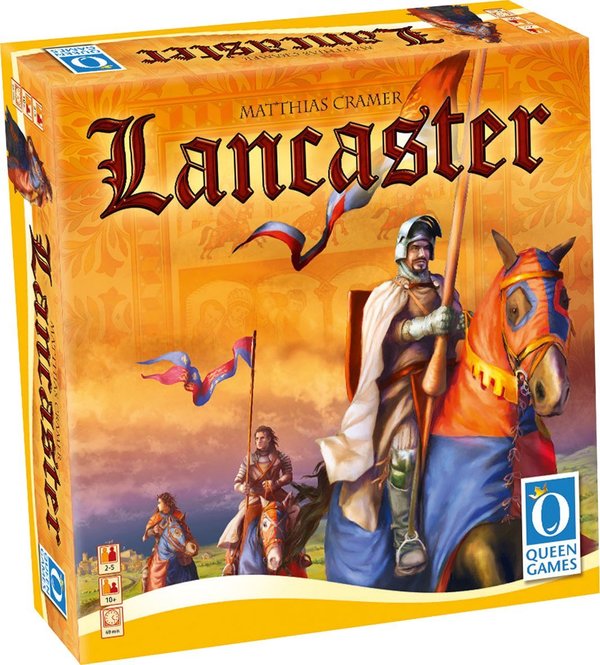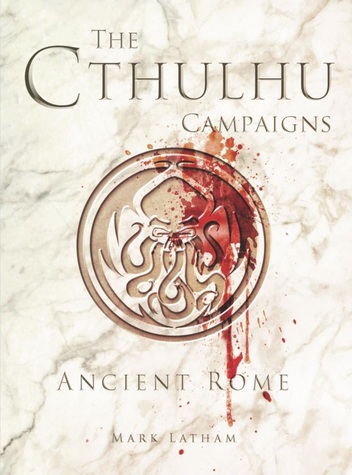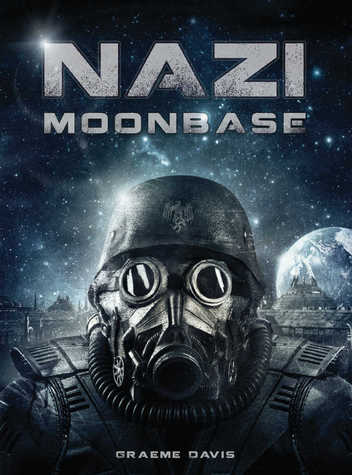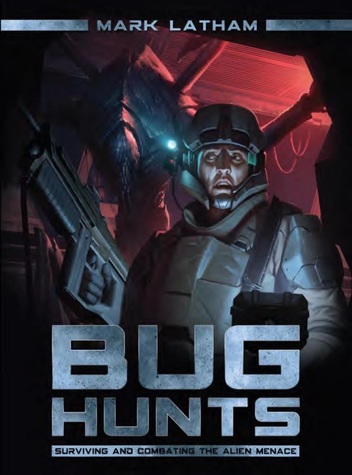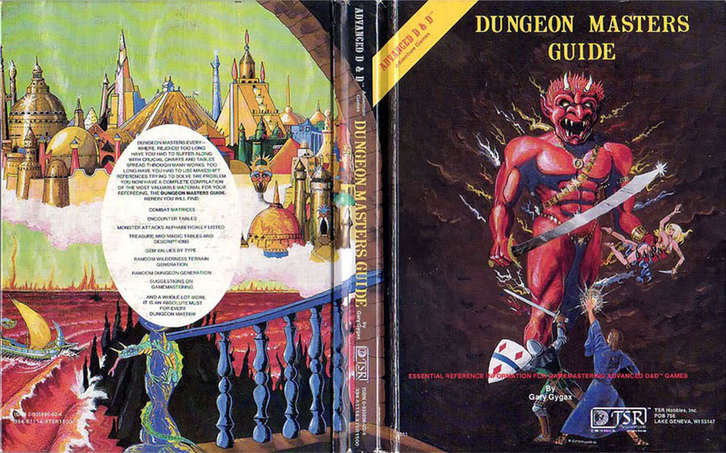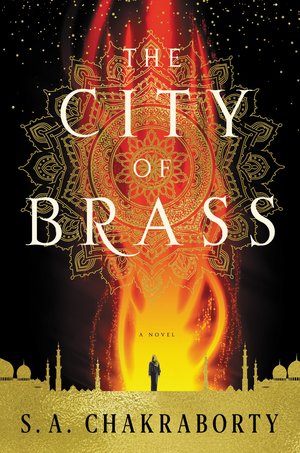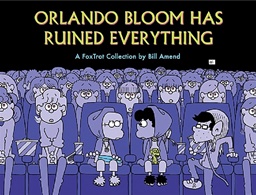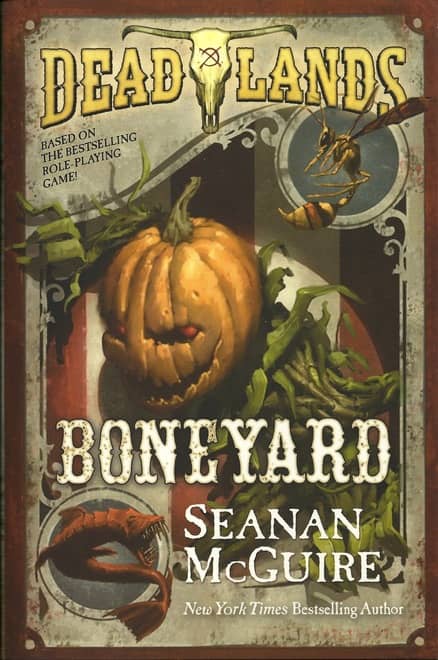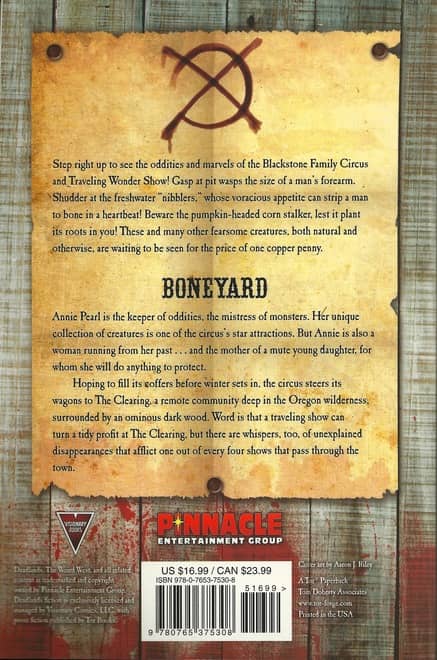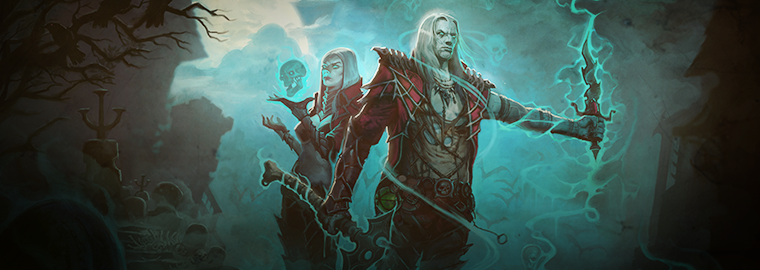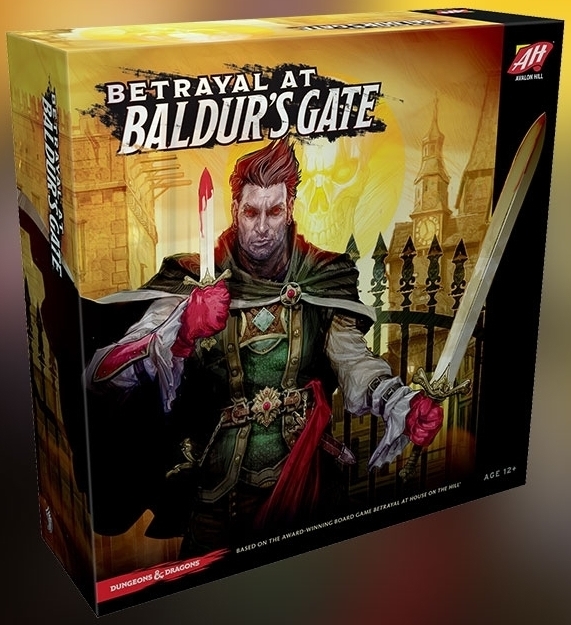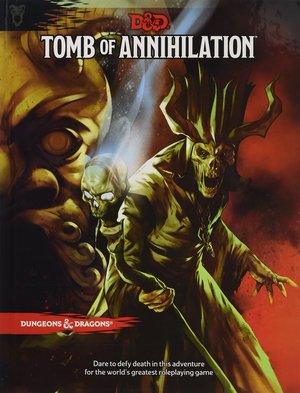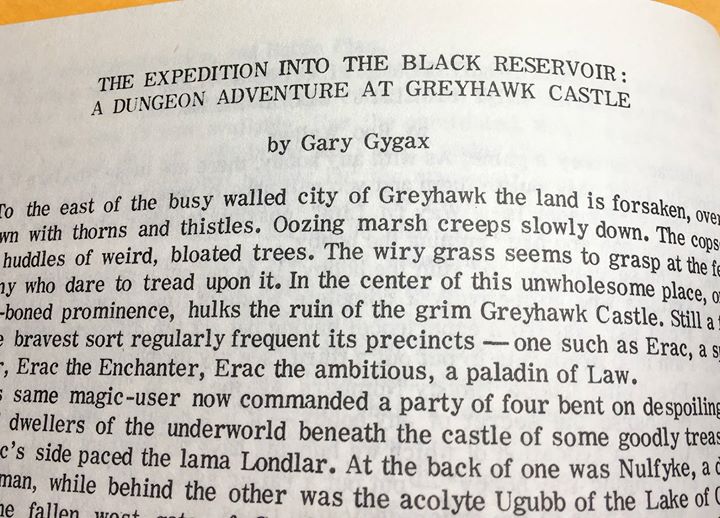Unify England During the Hundred Years War in Lancaster from Queen Games
If you’re like me, maybe you’ve been watching Games of Thrones and it’s spurred an interest in its historical analog, the 15th Century English civil war between the houses Lancaster and York. Or maybe you’ve found yourself yearning to conquer a kingdom of your own. Or maybe you’re just curious about all these deep discount Queen Games at Amazon for the past month.
Any (or all) of these things could have brought you to discover Lancaster, the acclaimed board game of kingmaking in 15th Century England. Here’s a snippet of the review at The Opinionated Gamers.
Lancaster proves that [designer Matthias] Cramer is anything but a one-hit wonder… Lancaster is a quasi-Worker Placement game set in 15th Century England. Despite the title, it doesn’t deal with the War of the Roses, but at the beginning of the reign of Henry V, of the House of Lancaster, 40 years earlier. That places the action smack in the middle of the Hundred Years’ War and, in fact, the players can take an active role in Henry’s successful campaigns against the French…
It only takes a little exposure to Lancaster to realize that this is a very professional, polished design. There seems to be a lot of moving parts, but it all hangs together very nicely. The game plays smoothly, with plenty of interaction, but not so much as to make it overly nasty… Lancaster is a gamer’s game, but I think it could also work well for the more casual gamer who is looking for a greater challenge than gateway fare. I think the SdJ jury pegged it correctly when they nominated the game for the Kennerspiel award.
